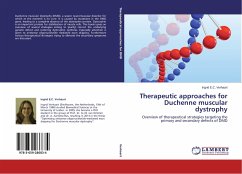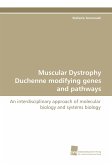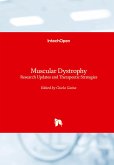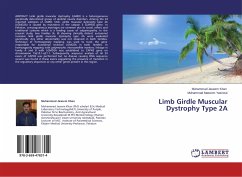Duchenne muscular dystrophy (DMD) is a severe,
progressive muscle wasting disease for which there
is currently no cure. The disease is caused by
mutations in the DMD gene that completely abolish
the function of the protein dystrophin.
This thesis focuses on the development of a
promising new therapy, so called antisense-mediated
exon skipping, that aims to restore the disrupted
dystrophin reading frame to allow generation of
internally deleted, but partly functional dystrophin
proteins, as found in the less severe Becker
muscular dystrophy.
The thesis describes the DMD gene, the dystrophin
protein, diseases associated with mutations in the
DMD gene and animal models. It provides an overview
of potential therapies for Duchenne muscular
dystrophy and describes how antisense-mediated
modulation of splicing can be used for other
therapeutic and research purposes. Finally it gives
a detailed overview of the rationale and the
development of the exon skipping therapy for
Duchenne muscular dystrophy.
progressive muscle wasting disease for which there
is currently no cure. The disease is caused by
mutations in the DMD gene that completely abolish
the function of the protein dystrophin.
This thesis focuses on the development of a
promising new therapy, so called antisense-mediated
exon skipping, that aims to restore the disrupted
dystrophin reading frame to allow generation of
internally deleted, but partly functional dystrophin
proteins, as found in the less severe Becker
muscular dystrophy.
The thesis describes the DMD gene, the dystrophin
protein, diseases associated with mutations in the
DMD gene and animal models. It provides an overview
of potential therapies for Duchenne muscular
dystrophy and describes how antisense-mediated
modulation of splicing can be used for other
therapeutic and research purposes. Finally it gives
a detailed overview of the rationale and the
development of the exon skipping therapy for
Duchenne muscular dystrophy.








